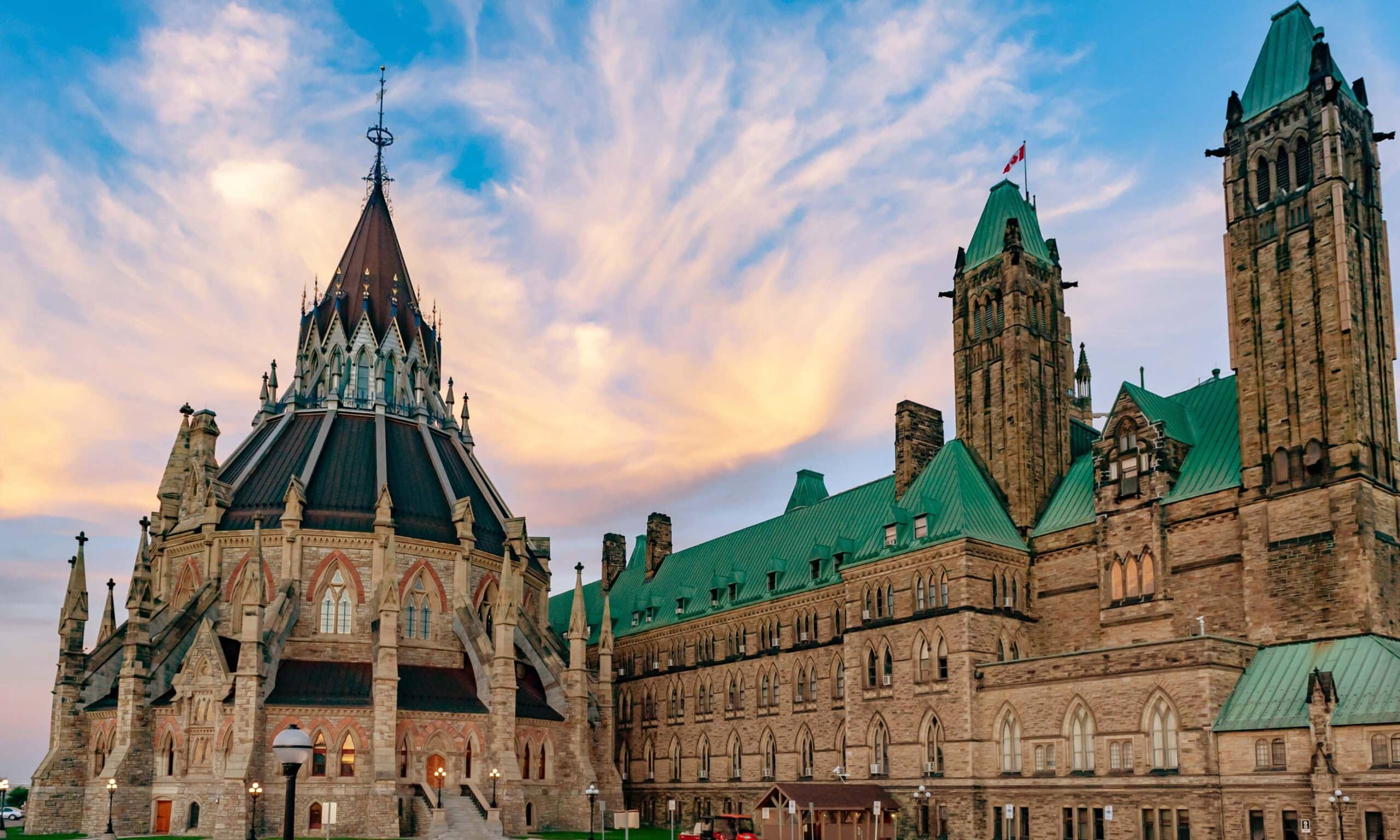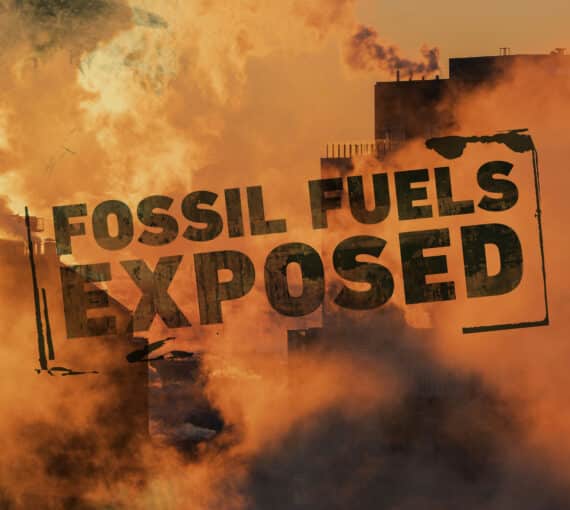
Trump isn't the only existential challenge facing Canada's new government. The next four years are critical for climate and nature action.
Election 2025 was like no other. The snap election was the shortest possible under the Canada Election Act – just 36 days. The incumbent governing party had elected a new leader just two weeks before calling the election. U.S. tariffs and President Trump’s talk of Canada becoming the 51st state loomed large. Pundits saw Canada–U.S. relations as the ballot box issue.
But Trump is not the only existential challenge facing Canada’s new government and all 343 MPs elected on April 28. Climate change and biodiversity loss are accelerating and pose a threat to our lives that is unprecedented and far-reaching.
Last year was the warmest on record and likely the first to pass a critical threshold, as record average global temperatures rose more than 1.5 C above pre-industrial levels, beyond which experts predict significant disruption. Canadian communities have not been spared from devastating extreme weather events made worse by climate change. As Canada’s Commissioner for Environment and Sustainable Development told Parliament in 2022, “We cannot afford a fourth decade of failure on climate action.”
Under Canada’s fixed election date law, the next federal election will be held on or before October 15, 2029. The time between now and then — this government’s mandate — is the last chance for reducing carbon emissions and halting and reversing nature loss in the critical second half of this decade.
Under Canada’s fixed election date law, the next federal election will be held on or before October 15, 2029. The time between now and then — this government’s mandate — is the last chance for reducing carbon emissions and halting and reversing nature loss in the critical second half of this decade.
This final sprint to achieve Canada’s 2030 climate and nature targets will require a concerted and collective effort by many. It’s a true “Team Canada” challenge. And, as with our collective efforts to respond to threats from south of the border, the federal government has an essential leadership role: convening others, funding solutions, implementing national environmental policy and regulations and working with high-ambition countries to achieve global results.
Even with other issues dominating, our polling confirmed that most people in Canada expect the new government to put a high priority on combatting climate change and protecting nature. Ahead of the election, four out of five of the major federal parties committed to working to achieve Canada’s emissions reduction obligations under the Paris Agreement on climate change and meet the goals of the Global Biodiversity Framework. At the ballot box, the majority voted for a set of priorities that includes climate action and protecting nature.
There’s no time to waste. While existing climate measures are starting to show results — the most recent data show Canada’s total greenhouse gas emissions finally trending downward — the country is still not on track to meet Canada’s 2030 climate target, let alone the bolder emissions reductions climate scientist say are needed to avoid the worst effects of climate change. The new government will need to move quickly to close the gap.
We’ll be advocating for decision-makers to prioritize clean electricity projects, not pipelines, and to hold firm on Canada’s commitment to end all fossil fuel subsidies and move swiftly with key regulatory and budgetary measures including finalizing the enhanced methane regulations, investments in nature, banning toxic “forever chemicals” and acting on Canada’s Zero Plastic Waste Agenda.
We’ll be advocating for decision-makers to prioritize clean electricity projects, not pipelines, and to hold firm on Canada’s commitment to end all fossil fuel subsidies and move swiftly with key regulatory and budgetary measures including finalizing the enhanced methane regulations, investments in nature, banning toxic “forever chemicals” and acting on Canada’s Zero Plastic Waste Agenda. The G7 Leaders’ Summit in June and final round of negotiations toward a plastics treaty in August offer early opportunities for Canada to align with high-ambition countries and drive global progress to protect planetary health.
Supporters sent more than 7,000 letters to the leaders of all major political parties lifting up these environmental priorities as part of the David Suzuki Foundation’s election period letter-writing campaign.
Environmental protection shouldn’t be a partisan issue. We all need clean air and clean water. We all want a healthy environment now and for future generations.
With election 2025 behind us, let’s come together around the environmental values that unite us, and call on our pollical representatives in Ottawa to do the same.
Related projects
Always grounded in sound evidence, the David Suzuki Foundation empowers people to take action in their communities on the environmental challenges we collectively face.

